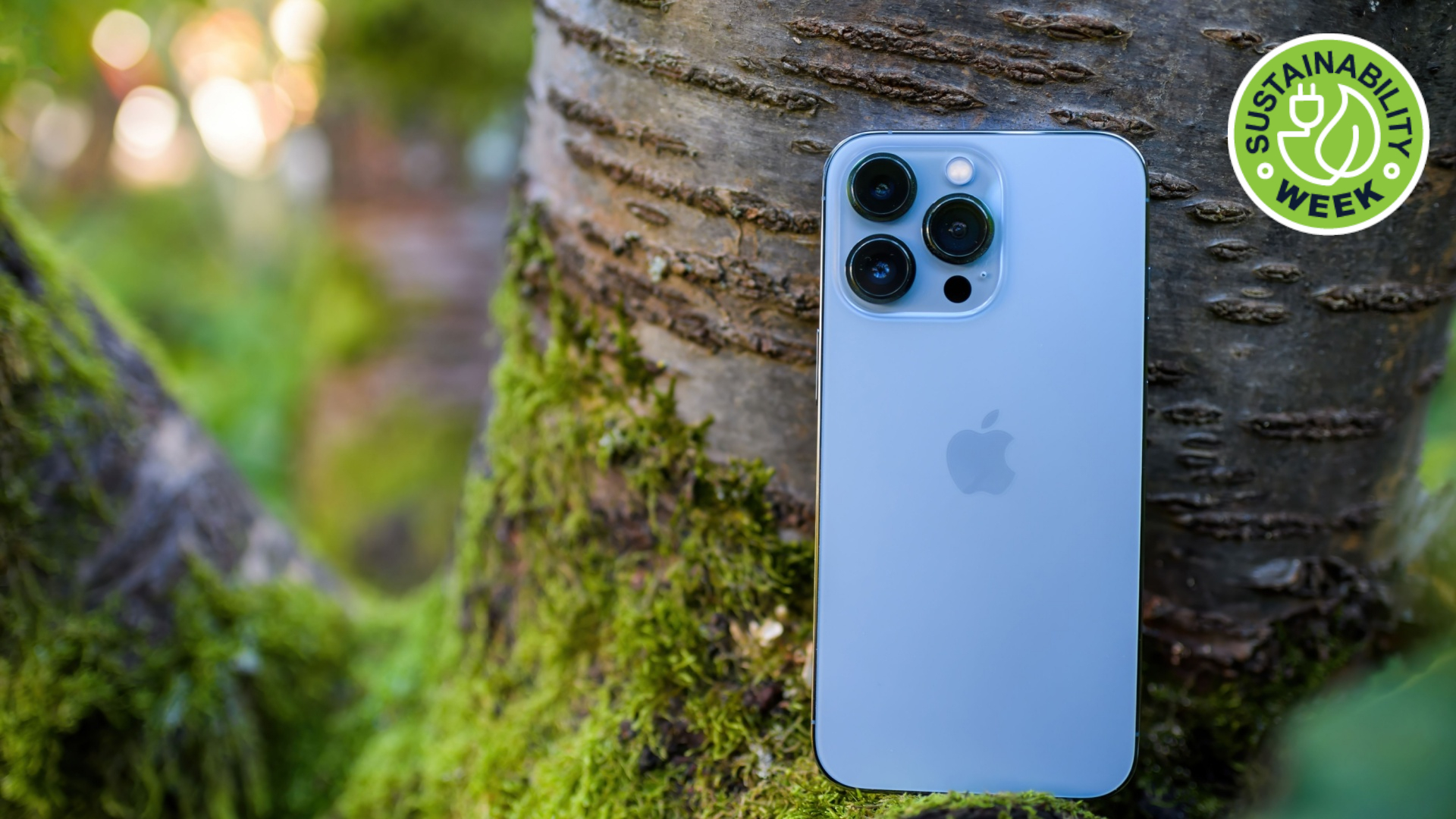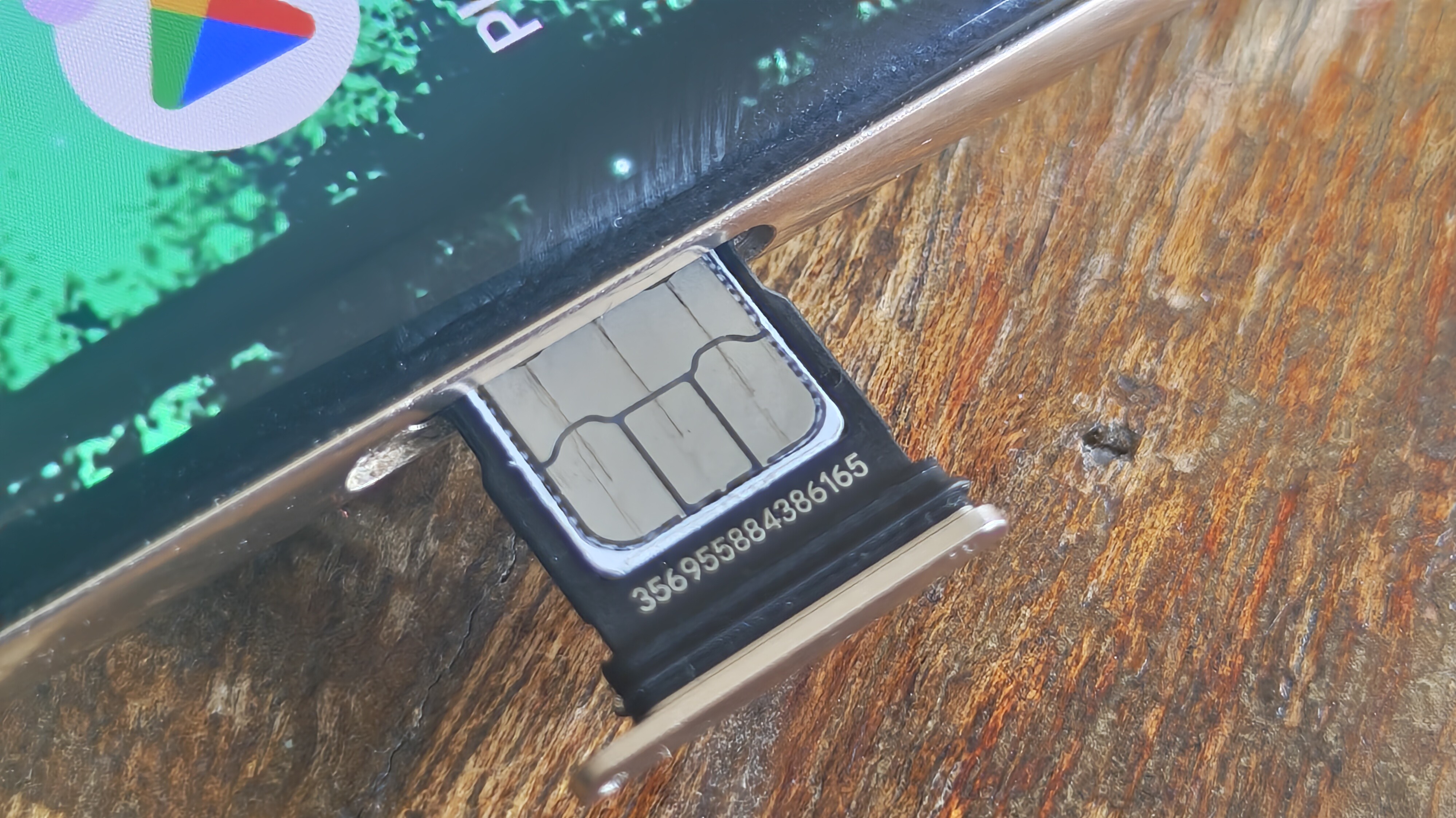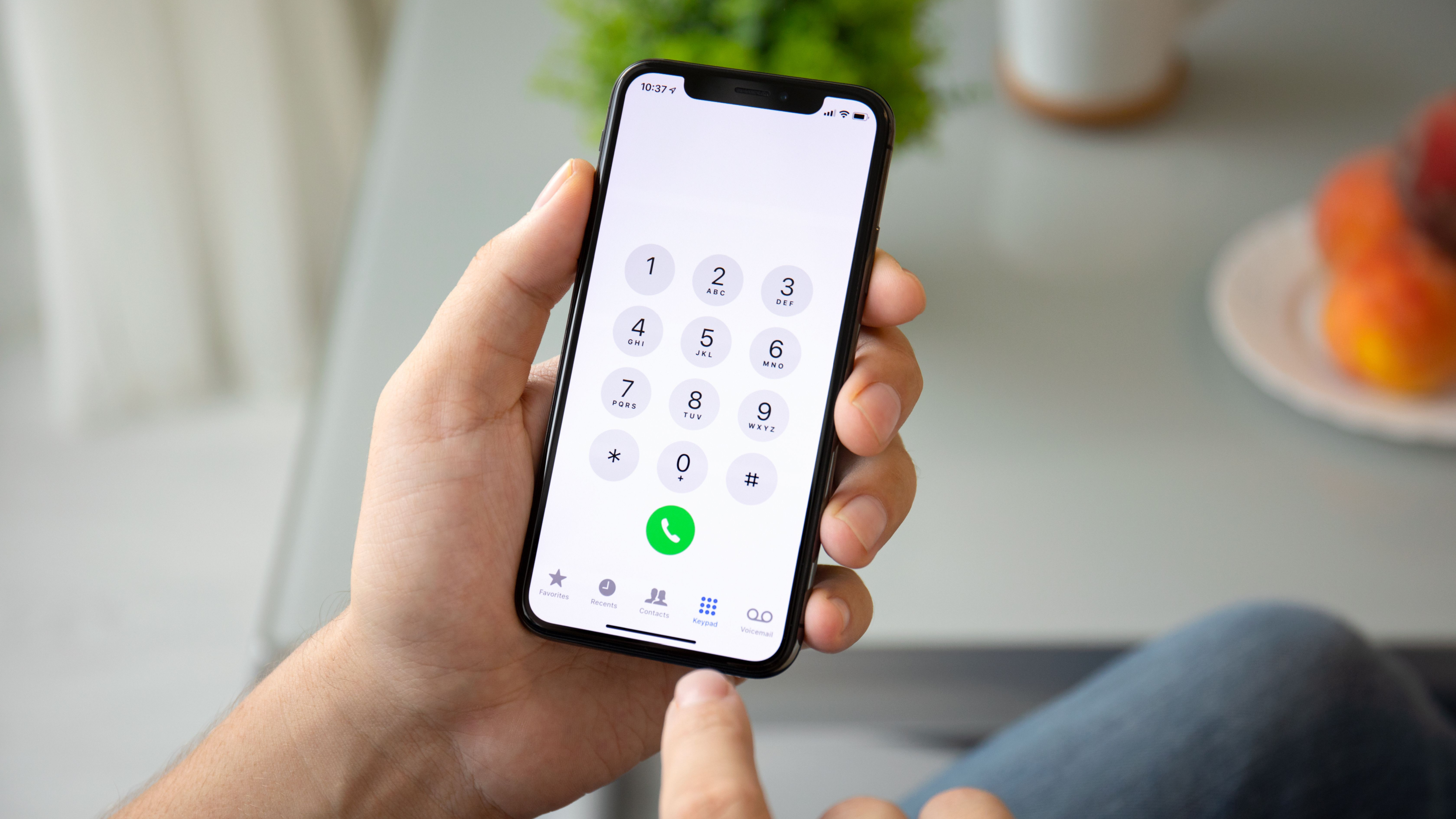
This article is part of a series of sustainability-themed articles we're running to observe Earth Day 2024 and promote more sustainable practices. Check out all of our Sustainability Week 2024 content.
Whether it's wasteful packaging, pollutant materials, or simply poor recycling opportunities, your phone is causing more environmental damage than you think. With anywhere between 1.4 and 1.5 billion phones being sold each year, and between four and five billion SIM cards being produced yearly also, it's no surprise that the mobile industry is currently doing its best roadrunner impression in a bid to catch up with modern environmental standards, but is it enough?
I sat down with Andy Aitken, co-founder, and CEO of Honest Mobile, a UK MVNO (mobile virtual network operator), to delve into just how deep these issues run within the mobile industry, and find out what can be done by network providers, and consumers, to reduce the impact that phones are having on the environment, all to help you find the best ways you can reduce your environmental impact, without sacrificing your phone.
How does my phone impact the environment?

The problem
Global emissions is probably a term you've heard all too often when it comes to climate change, but what you might not realize is where some of the key offenders lie. “By 2040 14% of global emissions will be from the internet, and most people use the internet on their phone,” Aitken told me, but the problem doesn't just stop there.
“By 2040, 14% of global emissions will be from the internet, and most people use the internet on their phone”
Andy Aitken
You may have noticed that several major phone brands have been taking steps to reduce their impact in recent years. Changed packaging materials, reduced packaging size, and the loss of the all-important charging plug have all been key changes to the experience of buying your shiny new phone. But it's not just your phone itself causing issues; it's what enables you to get the most out of your phone that goes unnoticed.
Take, for example, your SIM card. Often unnoticed, comparably small, but essentially crucial, this chip, for all its importance to your phone, causes more waste than you can imagine, and many simply get thrown away after they've been use. SIM cards, in the majority of cases, are made of a combination of plastics, metals, and cardboard, and as a result they can be a pain to recycle efficiently. Many SIM cards are simply thrown into landfills which, if they aren't biodegradable SIMs, can leave these SIM cards decomposing for over 400 years.
How can I reduce my impact on the environment?

Don't worry! All hope isn't lost quite yet, and there are some simple and effective things you can do to massively reduce your phone's impact on the planet, all while not having to give up your shiny new phone.
Choose e-SIM
What if some of your phone's plastic could simply disappear? Well, now it can. "The shift towards e-SIMs is a great thing for the environment," said Aitken. e-SIMs are slowly becoming more available worldwide, with many major providers now offering e-SIM as an eco-friendly alternative to the traditional cards. However, as Aitken explained, “The challenge is explaining to people that they can have one as much as their phone being compatible."
Get daily insight, inspiration and deals in your inbox
Sign up for breaking news, reviews, opinion, top tech deals, and more.
“The challenge is explaining to people that they can have one as much as their phone being compatible."
Andy Aitken
Choosing to change to e-SIM doesn't have to be a complicated process. As Aitken alluded to, there has been some confusion in the past surrounding not only the availability of e-SIMs from providers, but also the compatibility of e-SIMs with devices; however both of these issues are rapidly disappearing.
Whether you choose to buy your phone online, or go in-store and speak to a person, choosing an e-SIMs nowadays is as simple as choosing the amount of data you want as part of your airtime package, and the rest of the process is then explained to you. Instead of a SIM card being sent to you in wasteful packaging, you're sent all the details you need to add your e-SIM to your new phone, or if you're upgrading, everything you need to transfer your e-SIM from one phone to another can be explained to you by your provider either online or in-store.
Don't upgrade
If you've just got your hands on a shiny new phone, I'm sorry, as now you're stuck with it! Don't worry though, as this isn't as bad an idea as you think. When it comes to the impact of new phones, and upgrades, on the environment, there's a simple rule: the less often, the better. Or, as Aitken put it: "The longer someone keeps their phone, the better."
"The longer someone keeps their phone, the better"
Andy Aitken
In recent years, the lifespan of the phones being produced has gotten impressively longer. Some of the latest flagship smartphones, such as the Google Pixel 8 Pro and Samsung Galaxy S24 Ultra, are now offering seven years of Android updates – for both security and features – and boast specifications which near enough guarantee that the phone will survive that long too.
This improvement doesn't only stretch to flagship devices, however, as mid-range devices are also seeing spec improvements that can ensure you're able to get the full four years out of the updates available on these phones. While we can't guarantee that mid-range devices will be getting seven years of support any time soon, this seems to be the foundation from which many devices will improve in the future. So, if you're thinking about upgrading anytime soon, ask yourself: do you really need to? And if so, how can you get the most years out of your new phone? The longer you can use your current phone for, the better.
Keep your phone healthy
Something I've often overlooked when picking up a new phone is just how many ways network providers and phone manufacturers have to help you keep your phone healthy. Whether it's Apple Care or a yearly phone checkup by your provider, there are several inexpensive options you've probably never noticed that can help you keep your phone healthier for longer, and they're going worryingly underused more often than not.
In the UK, Providers such as Vodafone and EE offer yearly checkups on your device to ensure it's healthy, and that it doesn't need any servicing to ensure optimal performance. On a wider scale, most network providers and phone manufacturers now offer some form of device insurance, which covers varying areas of repair and can sometimes offer similar checkup-like services to ensure that everything is okay with your phone.
By taking out a phone insurance plan, or making use of checkups included in your phone deal, you're not only helping your phone last longer but also reducing the amount of waste you're creating. It's easy to simply throw away a phone and replace it, but it's a massive waste if the majority of the phone was still perfectly okay, so simply replace what you need to, when you need to, and see how much cheaper it is in the long term – and how much less waste you put into the environment as a result.
What does the future look like?

What are network providers already doing?
"If you want to prioritize it I don’t think you need to push it back 15 years.”
Andy Aitken
Regarding the current attempts to improve the environmental impact of the mobile industry, it seems the UK is coming up frighteningly short. When discussing the issue, Aitken pointed out the effect that competition is having on prioritizing the environment, explaining that “O2 had a 2025 net zero target before they merged with Virgin, then they merged with Virgin and pushed it back to 2040... If you want to prioritize it I don’t think you need to push it back 15 years.”
The issue, however, doesn't stop there. "We're really trying to steer people towards e-SIMs as much as possible" Aitken explained, but this isn't a focus shared by many networks outside smaller MVNOs such as Honest, and, as Aitken put it, it's becoming more about "showing the industry they can do better" than ever.
Are we heading in the right direction?
Despite being snail-like in pace, it would seem we're on the right track. When discussing the change in trends, Aitken said: “I think in 10 years' time there won't be many consumers or many businesses that won’t be actively pursuing a more sustainable product when they’re weighing up a choice", which bodes well for the future.
With the accelerating pace of uptake for e-SIMs, improvements in the number of recyclable accessories and recycled parts being used in phones, and the consensus being that we should all be thinking more carefully about what we're using, it would seem that now is the time to make the switch to a more environmentally friendly mobile experience.

Rob is TechRadar's VPN Editor. Coming from a background in phones and technology, he's no stranger to the risks that come with putting yourself online. Over years of engaging with different platforms, testing the limits of his online persona, and feeling the brunt of several data breaches, Rob has come to gain a keen understanding of cybersecurity and the benefits of services such as VPNs in providing a secure online experience. He uses this to not only advise on the best ways to stay secure online but also share his own experiences and especially how to avoid trouble. Outside of work, you'll find Rob on the tennis courts, in the gym, or diving into the biggest and best games of the year.